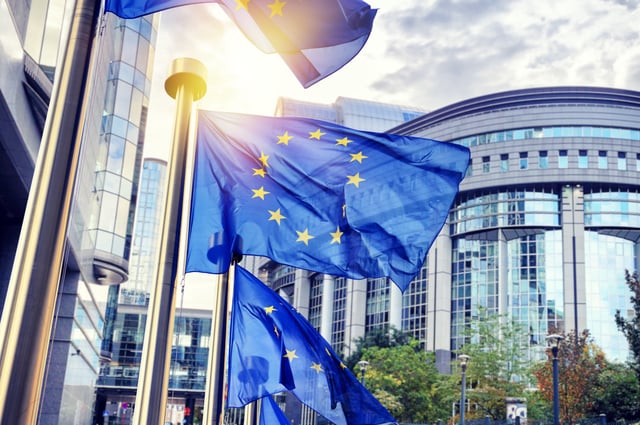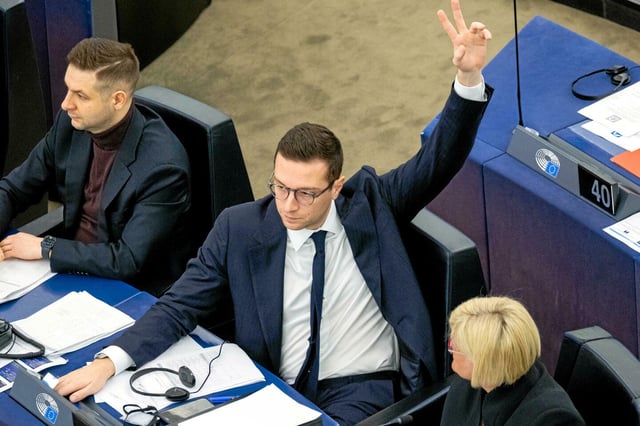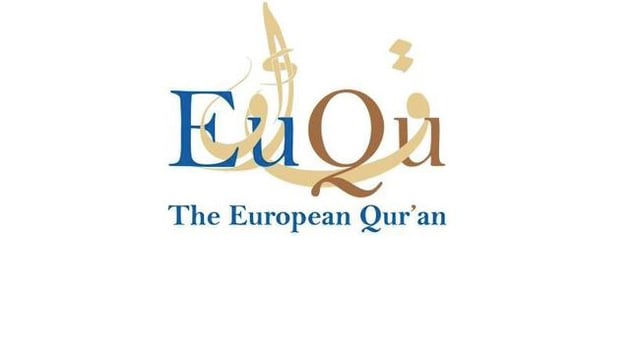Overview
- The European Commission has allocated nearly €9.8 million to 'The EuQu,' a research project studying the Quran's historical influence on Europe from the 12th to 19th centuries.
- Fabrice Leggeri, a European Parliament member, has criticized the project as ideologically biased, alleging connections to Islamist ideologies and the Muslim Brotherhood.
- The project involves a network of around thirty scholars from universities in Madrid, Nantes, Copenhagen, and Naples, aiming to contextualize the Quran’s role in shaping European intellectual and cultural history.
- Leggeri has formally questioned the scientific and ethical oversight of the project’s funding, citing concerns over its potential alignment with contemporary political ideologies like 'wokisme.'
- This renewed controversy highlights broader debates over the use of EU public funds for cultural and academic initiatives, particularly those addressing sensitive historical and religious topics.


